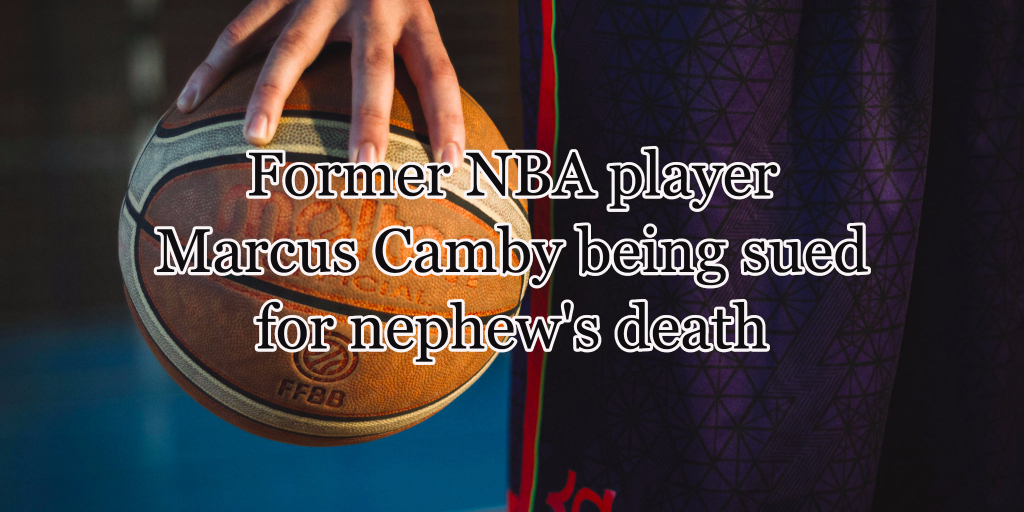In 2014, the Chicago-Tribune investigated Chicago’s “red-light camera system” responding to claims of increasing dangers on the city’s streets. Their investigation confirmed that nearly 40 percent of equipped intersections had become more dangerous!
- Rear-end collisions increased by 22 percent.
- Those intersections that rarely saw vehicle mishaps were now actively involved.
Their investigation exposed a $2 million City Hall bribery scandal. John Bills received a 10-year sentence for accepting hundreds of thousands of dollars for directing massive red-light camera contracts to Redflex Traffic Systems Inc. ~ an amount equal to thirteen percent of Redflex’s worldwide revenue.
Federal testimony revealed that Bills took bribes up to $2,000 for each of the 384 cameras installed. The investigation also discovered:
- Malfunctioning cameras
- Inconsistent enforcement policies
- The issuance of millions of dollars in tickets despite the fact that transportation officials were aware that ‘yellow-light times’ had dropped below federal minimum guidelines
2015
Lawsuits were filed alleging that the city violated its own rules by mismanaging the $600 million red-light program. Allegations included:
- Failure to send a second violation notice before guilt was determined.
- The doubling of fines for late payments before allowed to do so.
2016
A Cook County judge approved “class action status” for the existing legal actions. The judge’s rule created a significant increase in City Hall’s exposure to liability.
And today
Rahm Emanuel’s mayoral administration has agreed to pay $38.75 million to settle a class action lawsuit that alleges that the city failed to give sufficient notice to alleged red-light camera violators. Under the agreement, people who were ticketed from 2010 to 2015 will be reimbursed. More than 1.2 million people may receive a refund equal to half of their fines paid. Those eligible will receive written instructions as to how to collect their refund. Additionally, the city will:
- Forgive $12 million in unpaid tickets
- Disqualify violations that might result in car boots or suspended licenses
By 2018, the city will receive a $10 million bribery scandal settlement from Redflex . This amount will be added to the city’s allocation of $26.75 million within the budget. The city will first use available operating funds ,and then use bond proceeds when necessary.











